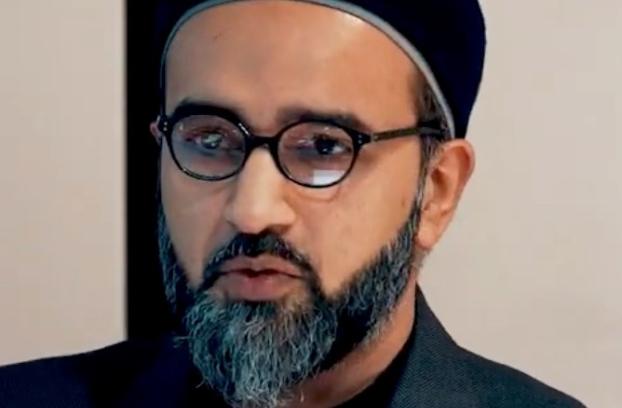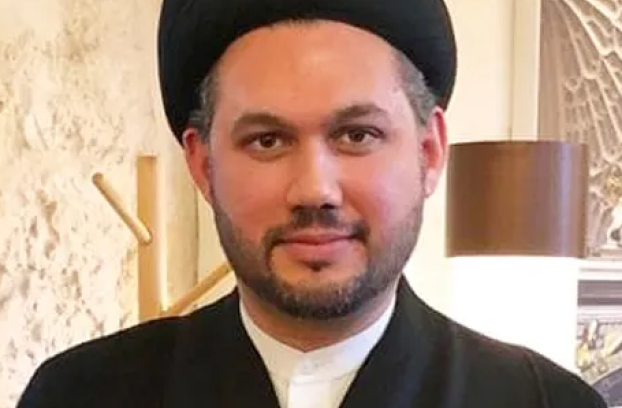An Islamic perspective on organ and tissue donation
Is organ and tissue donation permitted for Muslims?
Deciding to donate one’s organs and tissue is a very personal matter. Everyone has a choice.
Read our guide to organ donation and Muslim beliefs. The leaflet has been prepared by a working group created on behalf of the Scottish Government, consisting of expert individuals of the Muslim faith. The guidance has also been reviewed by several Islamic organisations across the country. The details of the working group members and these organisations are listed below in the acknowledgements section.
The leaflet provides further details on the Sunni and Shi’i Muslim perspectives on organ donation, how deceased organ and tissue donation can take place and how families are involved in discussions about donation after death.
It is available in the following languages:
Is organ and tissue donation permitted for Muslims?
Deciding to donate one’s organs and tissue is a very personal matter. Everyone has a choice. After reading the faith-specific guidance above, Muslims who still have uncertainties about making this decision should discuss their thoughts with their families, their local Imam or the hospital chaplain.
Further information on Islamic rulings on organ donation
Shaykh Abdul Aziz Ahmed Fredericks – Lecturer, Scholar in Islamic Studies, Glasgow produced an information paper on Islamic views in relation to organ and tissue donation on behalf of the working group entitled the ‘Islamic Perspectives on Organ Donation’.
Muslim beliefs
Register your decision
Donation is a personal decision and you have a choice whether or not you wish to become a donor. Learn more about the NHS Organ Donor Register and how to record your decision.
Who can become a donor?
All of us can do something to help, whatever our age and whatever our health.
What can I donate?
You can choose what organs and tissue you do or don't want to donate.
Supporting your faith and beliefs
We are committed to supporting your faith and beliefs throughout the organ or tissue donation process.
If you record a decision to become an organ and tissue donor, you can also record on the register whether your faith/belief is important and should be considered as part of the donation discussion.
Our full faith and beliefs commitment
Islamic Perspective on Organ Donation Leaflet
Acknowledgments
A working/writing group was formed, led by Bushra Riaz, Peer Educator Co-ordinator, Kidney Research UK with input from the following:
- Lead author - Shaykh Abdul Aziz Ahmed Fredericks – Lecturer, Scholar in Islamic Studies, Glasgow
- Dr Nazim Ghouri – Consultant Physician in Diabetes/Endocrinology/General Medicine, Queen Elizabeth University Hospital and Honorary Clinical Senior Lecturer, University of Glasgow. UK
- Dr Sahira Dar – General Practitioner, NHSGGC. Organ Donation Campaign lead, British Islamic Medical Association
- Dr Zubir Ahmed – PhD FRCS FEBS MBA Consultant Transplant Surgeon Queen Elizabeth University Hospital
- Shaykh Hassan Rabbani – Imam, Chaplain Herriot Watt University (Edinburgh)
- Shaykh Ruzwan Mohammed – Scholar, Solas Foundation, Glasgow UK
- Imam Sayed Razawi – Scottish Ahlul Bayt Society; Executive Member, European Council of Religious Leaders (ECRL) and Advisor, Multi-Faith Advisory Council, United Nations (UN)
- Ms Aram Al-Mamouri MPharm, Inter-Religious Coordinator, Scottish Ahlul Bayt Society
- Muslim Shia jurisprudence sought from Mr Shabir Beg OBE – Chairman, Scottish Ahlul Bayt Society
- Opinion and comments sought from Maulana Abdal Ghafoor (Glasgow Central Mosque) , Maulana Abdur Rahman Abid (Masjid Al Furqan), Dr Ibrahim Alwawi ( Aberdeen Mosque)

Shaykh Ruzwan Mohammed, Scholar, Solas Foundation, Glasgow UK
''Muslim scholars since the early 1960’s recognised both the opportunity to save the lives via donating vital organs, as well as the possible misuse of such procedures or the disrespecting of religious sensibilities. Today, the lay Muslim can be safe in the knowledge that the overwhelming majority of scholars in the world are not only of the opinion that it is permissible to donate one's organs, but many of them also actively encourage this as an act of charity and altruism. The current guidelines empower Muslims to make an informed choice on the matter. A choice which will ultimately be both a socially and religiously rewarding one.''

Imam Sayed Razawi, Director General, Scottish Ahlul Bayt Society
"As it is of paramount importance for Muslims to save lives, it becomes increasingly important to acquire an understanding of organ donation, both from a faith and civic perspective".